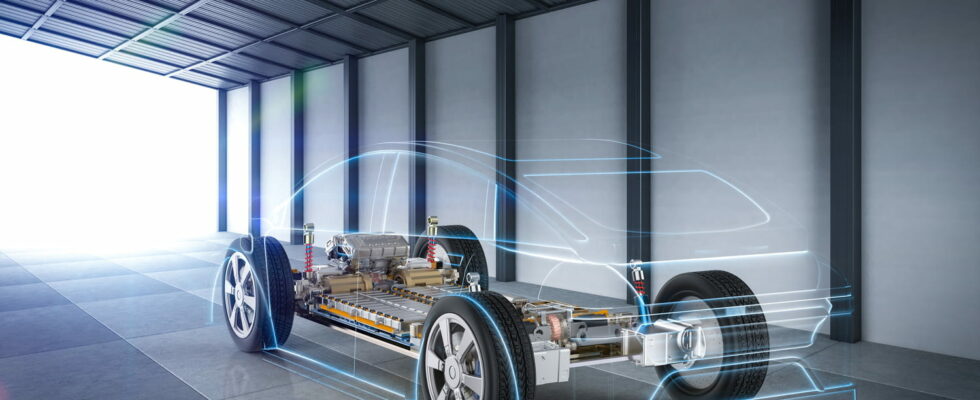New figures provide valuable clues about the average lifespan of electric car batteries.
This is THE question to ask yourself when buying an electric car! If the general public most often focuses on autonomy and recharging capacities, another point must be closely scrutinized: the lifespan of the battery, its composition, its power but above all the guarantees offered by the manufacturer in case of problem. Because a possible change is not trivial! The battery generally represents between 30 and 50% of the cost of an electric vehicle.
However, figures are still rare on the subject, mainly due to a lack of perspective. A new American study lifts the veil on the real lifespan of electric car batteries across the Atlantic. Tesla, Ford, Hyundai… Researchers from the American company Recurrent Auto, a specialist in the analysis of the electric vehicle market, sifted through the data of more than 20,000 electric cars sold in the United States since 2011. Their objective: to evaluate the frequency of battery replacement and their evolution over the years.
First observation, the results are rather reassuring for owners and future buyers of electric vehicles. In the United States, only 2.5% of the cars studied required a battery change, apart from manufacturer recalls (sometimes massive, for example on the Chevrolet Bolt). This reassuring figure, however, hides disparities depending on the age of the vehicles. Thus, for models produced between 2011 and 2015, the replacement rate rises to 13%. On the other hand, it drops to less than 1% for more recent cars, marketed from 2016.

This improvement can be explained in particular by the technological progress made both in battery chemistry and in thermal management systems. Between 2015 and 2022, the average battery capacity jumped by 122%. They can therefore lose more capacity before requiring proper replacement. In addition, cooling and control systems have become more sophisticated, extending the lifespan.
Despite everything, the buyer of an electric vehicle must expect a gradual degradation of capacity over the years and charge/discharge cycles. Frequent fast recharges up to 100% are once again singled out as an aggravating factor. Most manufacturers, however, guarantee maintenance of at least 70% of the initial capacity after 8 years or 160,000 km. This is the case with Renault for its new electric models.
Concretely, if we rely on its statistics, a car offering 500 kilometers of autonomy when it leaves the factory should still travel at least 350 km in the same conditions, once the 8-year warranty has expired. According to Recurrent Auto, tests show that the vast majority of batteries retain much greater capacity after 8 years.
Enough to remove motorists’ doubts and accelerate the transition to electric? To do this, we will need to observe the statistics in Europe over the coming years as well as the constant progress on batteries. Will the quest for ever greater endurance and autonomy come at the expense of battery reliability and longevity?
